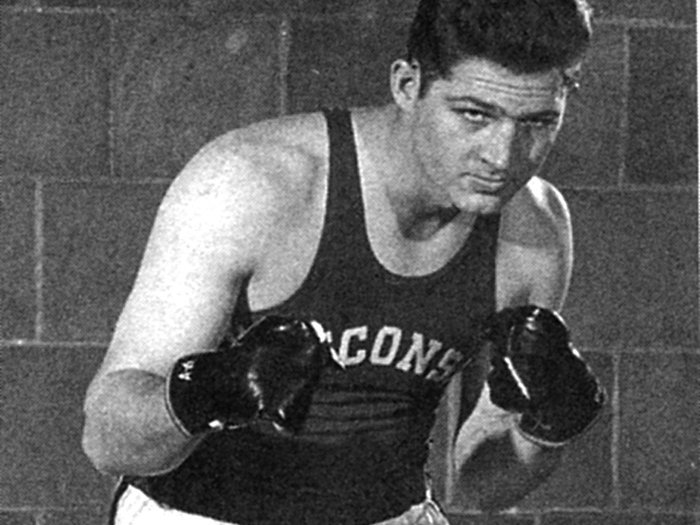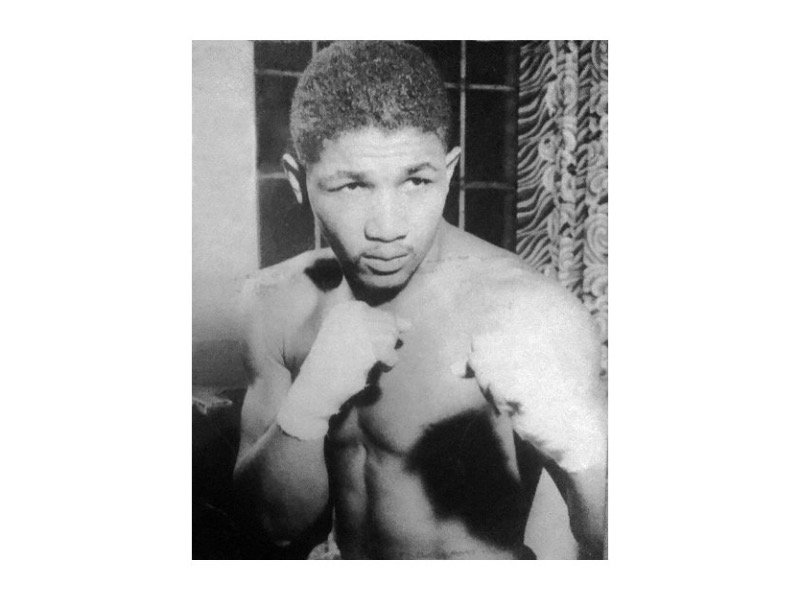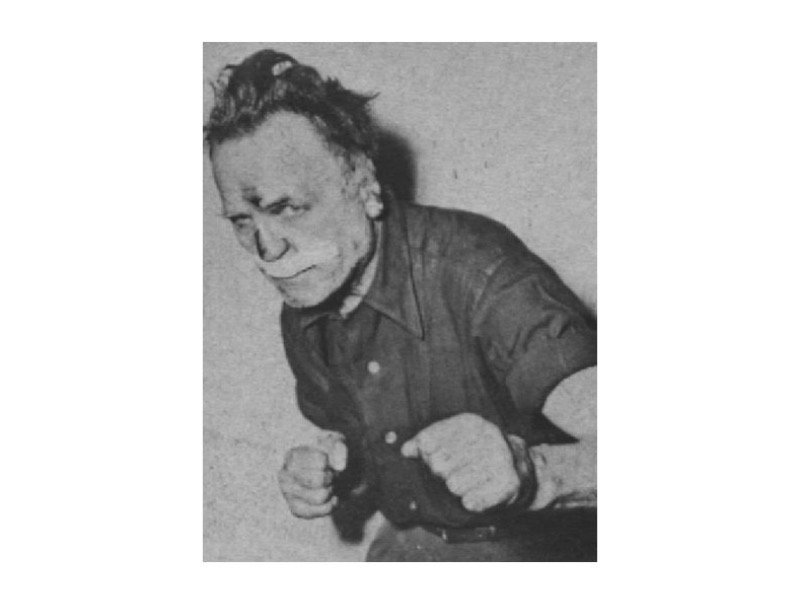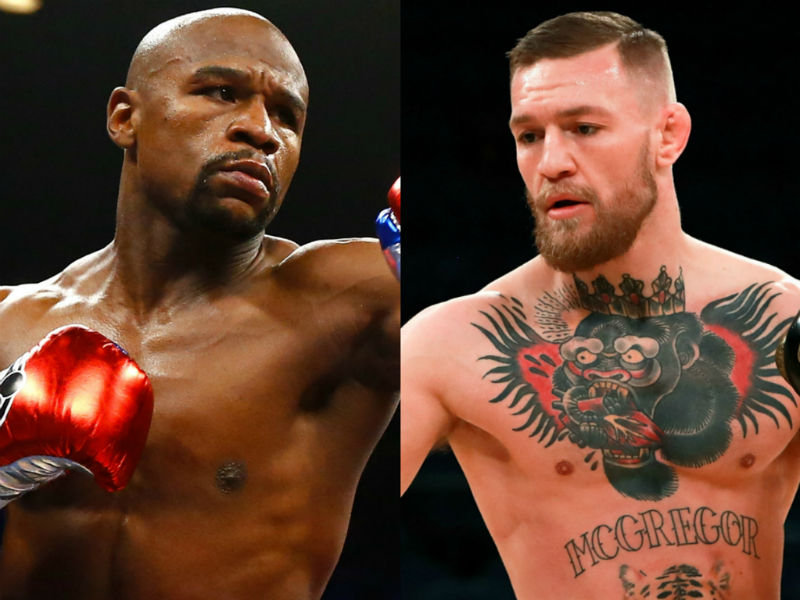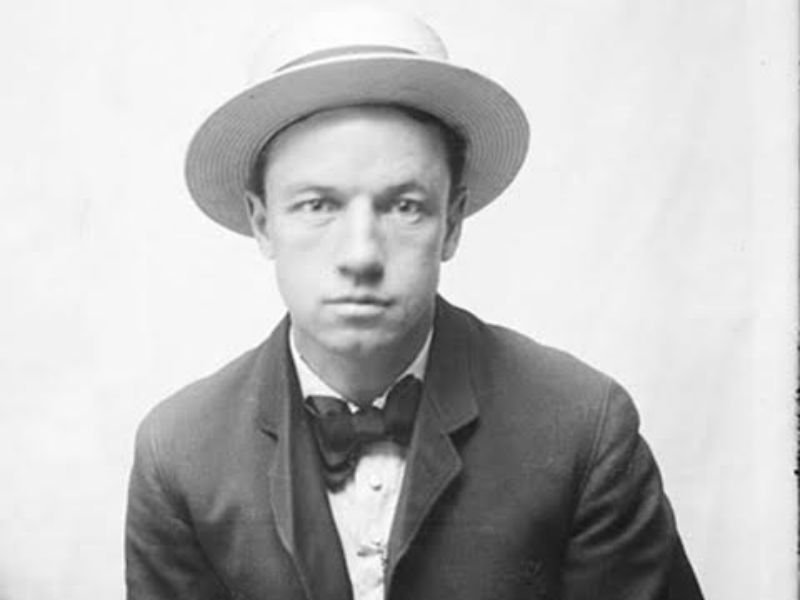Editor's note: The 2013 Wisconsin & Upper Michigan Golden Gloves Tournament starts today at 7 p.m. at John Bryant Community Center, located at 601 S. 21st St., in Racine. The semi-finals are April 13, and the finals are April 20, both starting at 7 p.m. General admission all three nights is $12; Reserved seating is $15. For information call 262-835-1486.
Far be it from Bob Ranck to suggest that his participation in the 1953 Wisconsin Golden Gloves tournament was responsible for the attendance that is still the high-water mark in the history of the amateur boxing event whose 83rd annual run starts April 6 in Racine.
Now 83 and living in retirement in his native Wyoming, Ranck is as reserved and circumspect as you’d expect a former FBI agent, lawyer and district court judge to be.
But there is no denying that 60 years ago he was the marquee attraction of the tournament that drew 27,103 fans during its four-night stand at the Milwaukee Auditorium and Arena.
More than 11,000 of them packed the Arena for the finals and saw Ranck win the state open division heavyweight title by knocking out Kenneth Pratt of Fond du Lac 30 seconds into the first round.
For the other Golden Gloves champions crowned that night, boxing in front of a crowd that size was a once-in-a-lifetime experience, but the 23-year-old Ranck had fought before even bigger ones at the University of Wisconsin Field House in his three years -- 1949, 1951 and 1952 -- as the ace heavyweight of the UW boxing team.
From the mid-1930s through the 1950s, boxing rivaled basketball in popularity at the Field House. Under John Walsh, the lawyer and onetime amateur boxing champion who coached the Badgers to eight national team titles, UW was the heavyweight champion of NCAA boxing. It remained a ring powerhouse until University officials and the NCAA ended boxing as an intercollegiate sport in 1960, after the death of Wisconsin boxer Charlie Mohr in the NCAA tournament in Madison.
Called "probably one of the three or four best boxers ever to fight for John Walsh" by Doug Moe in his 2004 book about UW boxing, Lords of the Ring: The Triumph and Tragedy of College Boxing’s Greatest Team, Bob Ranck put on his first pair of boxing mitts as a boy in Cody, Wyoming, when his dad got down on his knees to teach him the rudiments of the sport.
At 17, Ranck entered the Wyoming-Montana Golden Gloves tournament and scored three knockouts.
When Ranck’s prep football/basketball coach called John Walsh and said, "I’ve got a kid here who I think can fight," the UW coach responded, "Send him along." As a freshman on the 1949 varsity boxing squad, Ranck won seven of his eight bouts and was named UW’s "Best Prospect" when end-of-the-season awards were handed out.
But "I was stupid," Ranck told Doug Moe. "I thought I was just supposed to win every fight. I flunked out." After a year back in Wyoming restoring his academic eligibility, Ranck returned to UW in 1951, co-captained the boxing team and won all 10 of his fights and the NCAA heavyweight championship. The next year he repeated on all three counts. More than 13,000 fans saw the UW senior stop Blackie Harwell of Louisiana State for the national title at the Field House.
Then Ranck and John Walsh set their sights on the 1952 Olympics. But in the semi-finals of the U.S. Trials in Kansas City that determined the boxers that would represent America in Helsinki, Finland, Ranck was voted loser by a single point to all-Navy champion Ed Sanders. The decision surprised nobody more than Sanders, who told Ranck after the bell ended their three-round match, "You won this one."
Sanders went to Helsinki and won the Olympic gold medal.
"Ed was a good friend of mine," recalled Judge Ranck in a recent phone interview from Wyoming. "He was a nice guy, nice to be around."
He judiciously downplays the idea that a desire for revenge against his good friend spurred him to enter the 1953 Golden Gloves, but the headline in The Milwaukee Journal of February 2 that year said differently: "Ranck Enters Gloves Tournament to Avenge Olympic Trial Defeat."
UW coach John Walsh confirmed it, telling The Journal, "Ranck entered (the tournament) for one reason only: To get at Sanders again."
For that to happen, the 28-1 Ranck had to win the Wisconsin tournament and advance to the National Golden Gloves Tournament of Champions at Chicago Stadium, in which the ’52 Olympic champion was the entry from Los Angeles.
He did it impressively, beating Ronald Freeman by decision and then stopping Roger Clark and Pratt, and was voted "Outstanding Boxer" of the whole tournament.
But things didn’t go as planned in Chicago. After both won opening round bouts in the nationals on February 24, Ranck and Sanders met again that night. Sanders won the decision, and according to Sam Levy of The Journal, this time there was no doubt about the verdict.
"Two knockdowns helped Sanders score his victory over Ranck," wrote Levy from ringside. "In the first round the hardy Negro floored the Madison heavyweight for nine. In the second he dropped Ranck for eight."
Today, Ranck gently disputes that he was knocked down in the fight. "Somebody must’ve hit the writer," he joked.
But he got a nice consolation prize when former world heavyweight champion Joe Louis presented Ranck with the tournament’s Sportsmanship Award.
Despite the loss to Sanders, professional boxing scouts regarded Ranck as a potential world champion himself and many tried to sign him up. But Walsh and Ranck’s family were against it, and after 16 months with the Army in Korea (and winning the Far Eastern Armed Services heavyweight championship), Ranck joined the FBI. Later he got his law degree and practiced in a Cody firm that included his good friend Alan Simpson, later a longtime Republican U.S. Senator. Ranck became a District Judge in 1977 and served for 13 years.
Still is shape today thanks to a regular workout regimen, the man inducted into the UW Athletic Hall of Fame in 1997 and the Wyoming Sports Hall of Fame in 2006 sums up his success in the ring with the simple declaration, "I just liked to fight."
There are no regrets about not giving pro boxing a whirl. Ranck’s friend and ring nemesis Ed Sanders did, and in 1954 he died from injuries received in his ninth pro fight.
"I’ve been very fortunate," said star of the 1953 Wisconsin Golden Gloves. "I think there’s been someone 'Up There' who liked me a lot more than I thought."

